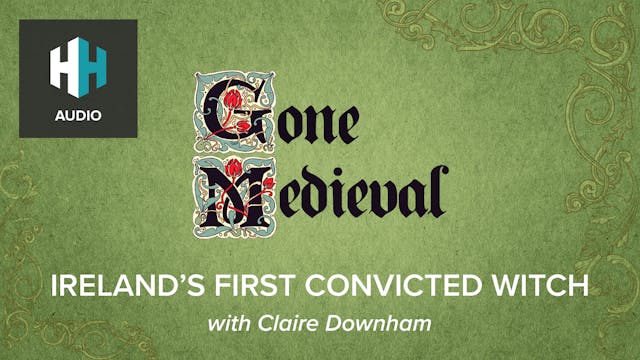🎧 WWI Lifesavers and Body Snatchers
Archive of Dan Snow's History Hit 🎧
•
25m
The brutal nature of the First World War presented frontline medical personnel with an array of horrific and debilitating wounds, inflicted on a previously unimaginable scale. From gas attacks and bayonet wounds to rifle fire and artillery barrages, day-to-day life on the frontlines posed a serious risk to life and limb. The doctors and nurses responsible for medical care rose to the challenge, and the First World War saw a dramatic transformation in the provision of frontline medicine. Many more lives would be saved than lost due to the efforts of these 'lifesavers'. Focusing on the Canadian experience, Tim Cook, author of Lifesavers and Body Snatchers, explains just how important and innovative the work of frontline medical staff was, and reveals the more sinister side of how these advances were achieved.
Produced by James Hickmann and edited by Dougal Patmore.
Up Next in Archive of Dan Snow's History Hit 🎧
-
Zheng He: The Ming Dynasty Explorer
The Ming Dynasty emerged in the second half of the 14th century, having achieved a hard-won victory over the declining Mongol-led Yuan Dynasty. Admiral Zheng He, a Muslim of Mongol descent, was born into this turmoil in a far-flung, frontier province of the Ming empire. Yet by the early 15th cent...
-
🎧 Ireland's First Convicted Witch
In 1324, Alice Kyteler became the first woman in Britain and Ireland to be tried for witchcraft. Married to four different husbands - all of whom died in suspicious circumstances - Alice was accused of murder, heresy and having carnal relations with the devil. But was she guilty? Or just another ...
-
🎧 Orkney: Centre of the Stone Age
Orkney, a group of islands off Britain’s north coast, famed for their stunning, rural scenery. But 5,000 years ago, during the Neolithic Period - or ‘New Stone Age’ - it was a completely different story.
Back then, these islands were rich in stunning art and architecture. A great centre of the S...



